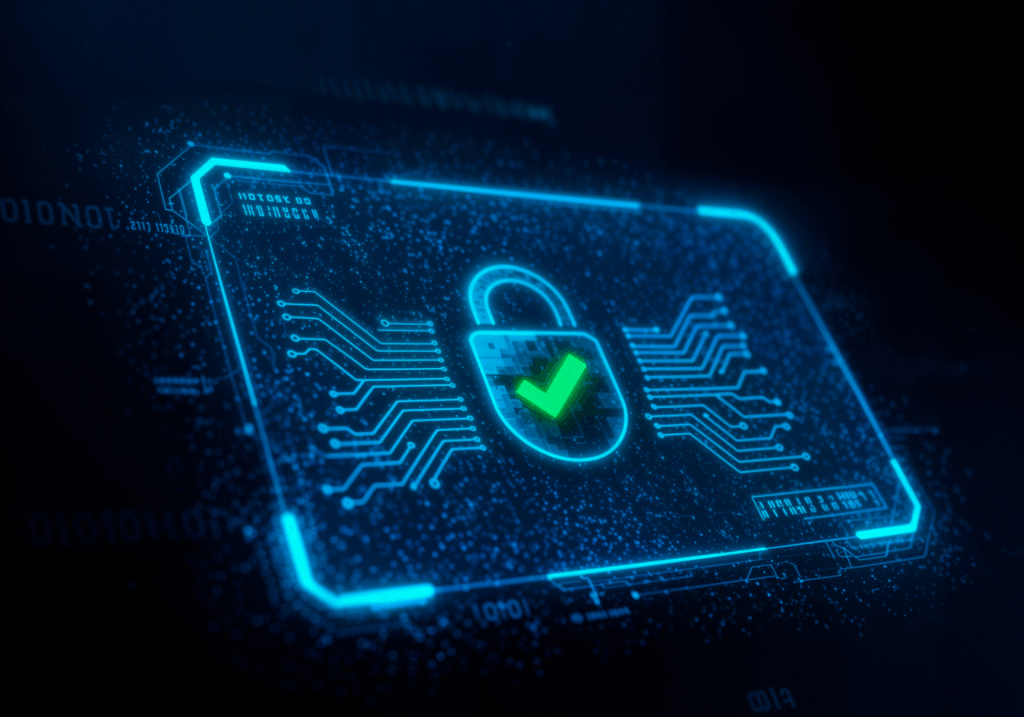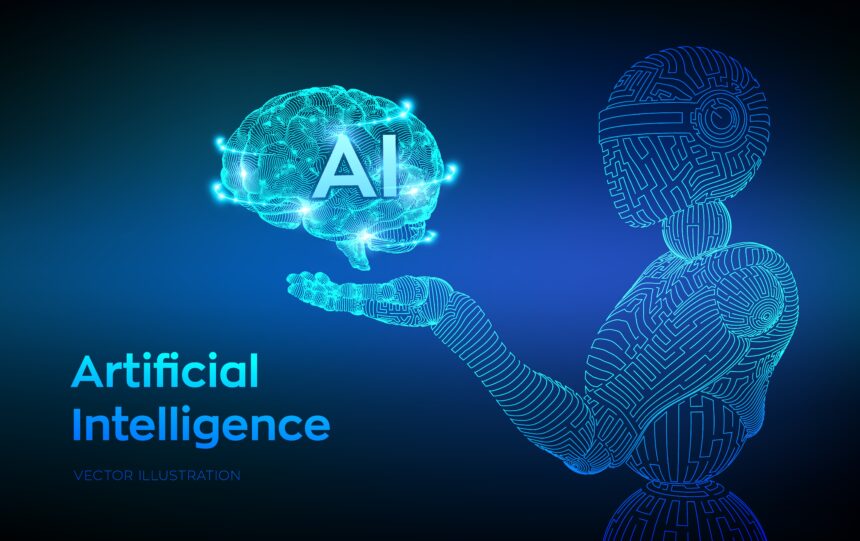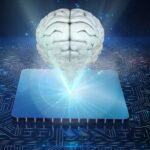AI Ethics: 15 Powerful Principles to Build Trust and Avoid Harm
Responsible AI isn’t a slogan—it’s a set of choices you make in data, models, UX, and governance. This plain-English guide shows how to reduce bias, protect privacy, explain decisions, and ship with confidence.

Start with a simple promise: your AI will be useful, fair, and safe. Turning that into reality is what AI ethics is about—concrete, auditable practices you can show to customers, regulators, and your own team.
AI Ethics: What It Covers (Plain English)
- Fairness & bias: preventing systematic harm to groups or individuals.
- Privacy & consent: collecting and using data with permission and restraint.
- Transparency & explainability: documenting how the system works and why it made a choice.
- Safety & misuse prevention: reducing harmful outputs and abuse pathways.
- Governance & accountability: clear ownership for decisions and incidents.
Think of AI ethics as a design discipline: repeatable steps that improve outcomes—data reviews, bias checks, privacy-by-default settings, and UX guardrails people understand.
Why It Matters (Beyond Compliance)
Done well, AI ethics lowers risk, speeds approvals, and builds trust with the folks who matter most—users, partners, and your own engineers. It also makes shipping easier: clarity beats rework.
15 Principles That Actually Work
- Define the user promise. One sentence: who the AI helps, for what, and what it won’t do. This anchors ethics in a real need.
- Collect the minimum data. Fewer fields mean fewer leaks. If in doubt, leave it out.
- Document data lineage. Note sources, licenses, and consent; traceability turns values into audits.
- Balance datasets deliberately. Measure representation; add targeted samples to reduce skew.
- Write labels like a policy. Clear rules so two people agree most of the time.
- Separate train/val/test honestly. No leakage; keep a locked “final exam” set.
- Counterfactual checks. Change one attribute (e.g., name) and expect stability—simple, powerful AI ethics in practice.
- Explain decisions at the right level. For credit-like scenarios, provide human-readable reasons users can act on.
- Design safe prompts and outputs. Filter sensitive requests, redact personal data, and set refusal rules.
- Human-in-the-loop for high stakes. Clear escalation paths operationalize AI ethics where errors could harm health, finance, or rights.
- Log decisions and feedback. Immutable records (model version, inputs, outcomes) keep you audit-ready.
- Monitor post-launch. Track drift, complaint rates, and abuse patterns; update responsibly.
- Security by design. Protect model artifacts and data; threat-model prompt injection and data exfiltration.
- Accessible UX. Keyboard navigation, alt text, readable contrast, and simple language.
- Opt-outs & appeals. Clear recourse completes AI ethics: let users contest decisions and request human review.

From Values to Checklists (So You Ship)
The secret to reliable AI ethics is making values shippable. Convert principles into checkboxes: “Data sources recorded,” “Bias test run,” “Privacy impact signed,” “Human override wired.”
Pre-Launch Checklist (Copy/Paste)
- Purpose statement approved; misuse cases listed
- Data sources, licenses, and consent recorded
- Fairness tests (group metrics + counterfactuals) passed thresholds
- Privacy review done; sensitive fields minimized or redacted
- Explainability copy tested with users
- Safety filters configured; human review for high-risk flows
- Security review: model access, secrets, prompt-injection defenses
- Monitoring plan: metrics, drift alarms, abuse reporting
Governance That Doesn’t Slow You Down
Lightweight committees and single-page reviews keep AI ethics fast. Give teams templates, a bias-testing notebook, and a privacy checklist. Most approvals should take minutes, not weeks.
Measuring Success (Beyond Accuracy)
In mature AI ethics, success includes user satisfaction, complaint rates, appeal outcomes, and false-positive/negative impacts across groups—not just model metrics.
Explainability Your Users Can Use
User-level explanations are the practical face of AI ethics. “We declined because your income was below X and debt above Y; here’s how to improve” beats a heatmap no one understands.
Privacy by Default
Default-off sensitive toggles, short retention windows, and strong anonymization are where security meets AI ethics. If you don’t need it, don’t collect it; if you must collect it, encrypt it and time-limit it.

What Happens After Launch
Live systems drift. Post-launch AI ethics means alerting on data shifts, reviewing appeals, updating disclosures, and publishing changelogs for meaningful updates. Treat incidents as opportunities to learn.
Talking About Risk (Without Scaring Everyone)
Good communication is specific. Replace “safe and fair” with “we tested these five harms, here are results, and these guardrails are now live.” Plain language is the tone of modern AI ethics.
Related Guides on Bulktrends
- Small Business Cybersecurity: 12 Proven Moves
- 5G vs Wi-Fi 6: Pick the Right Network
- Quantum Computing for Business: Practical Guide
Authoritative External Resources (dofollow)
- OECD — AI Principles
- UNESCO — Recommendation on the Ethics of AI
- NIST — AI Risk Management Framework
- EU — AI Act Overview
Disclaimer: Regulations and standards evolve. Always pair these practices with your industry’s legal requirements.






